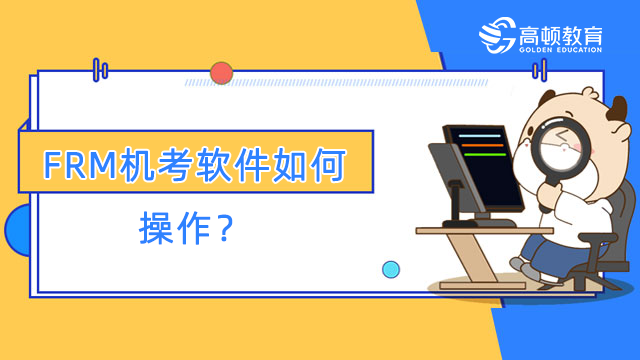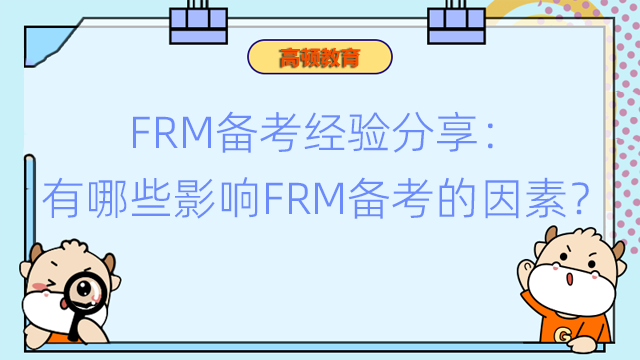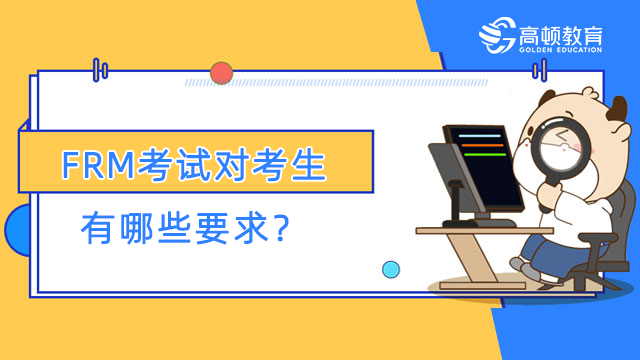An oil producer has an obligation under an agreement to supply 75,000 barrels of oil every month for one year at a fixed price. He wishes to hedge his liability to address the event of an upward surge in oil prices. The producer has opted for a stack and roll hedge rather than a strip hedge. Which one of the statements below is not wrong?
I. A strip hedge tends to have wider bid-ask spreads as compared to a stack & roll hedge.
II. A strip hedge increases transaction costs owing to active trading each month.
A. I only.
B. II only.
C. I and II.
D. Neither.
Answer: A
Explanation:
A strip hedge involves hedging a stream of obligation by offsetting each individual obligation with a futures contract matching the maturity and quantity of the obligation. A strip hedge tends to have lower liquidity and wider bid-ask spreads owing to longer maturity contracts.
您还会为FRM考试感到烦恼吗?高顿网校精品题库,包含历年真题,模拟试题等题型,题题结合考试大纲贴近考试考点。坚持每天做题练习,一定可以提升备考效果,为赢取属于自己的美好明天加油吧!马上开始练习 >>>
FRM考试在线高清视频指导

 QQ登录
QQ登录 微博登录
微博登录 微信登录
微信登录























